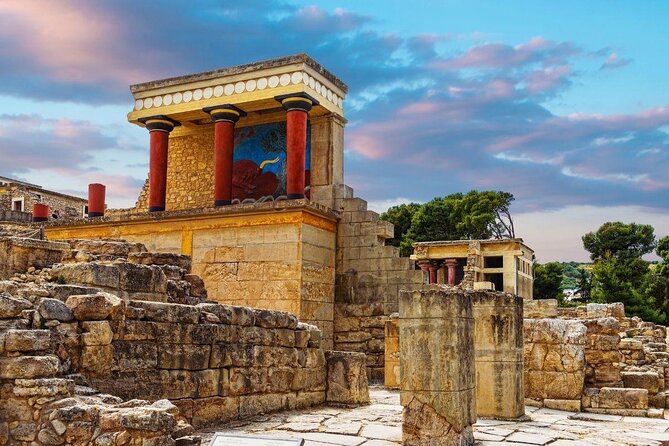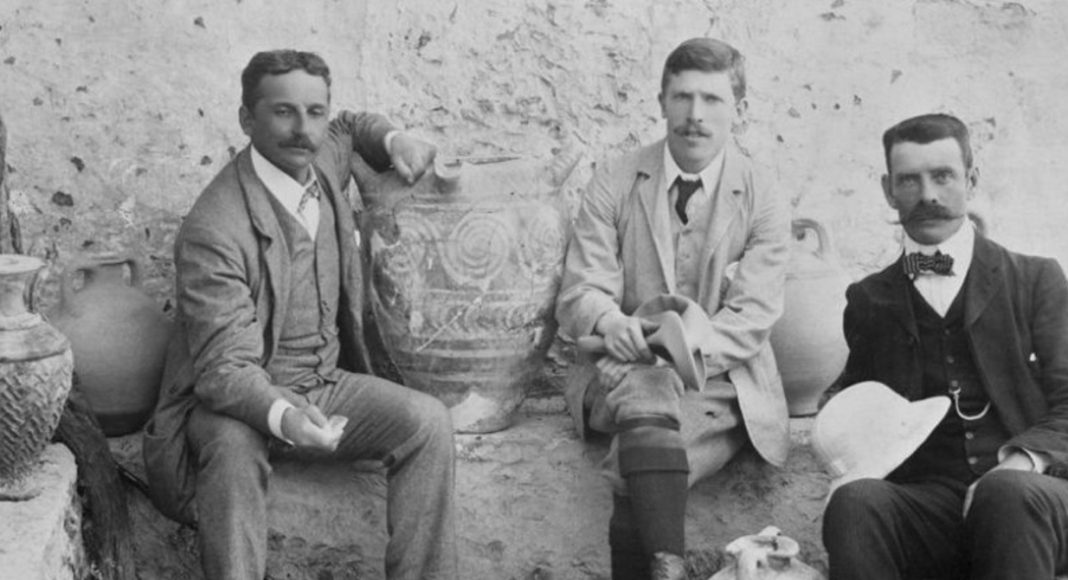One of the greatest discoveries made in the modern world was pioneered by none other than British archaeologist, Arthur Evans, who paved the way for the analysis of ancient Minoan culture.
The eminent British archaeologist was one of the pioneers in the study of the Aegean civilisations of the Bronze Age, with his major work being the discovery of the Palace of Knossos in Crete.

Born on July 8, 1851 in Nas Mills, East England, Arthur was the son of the archaeologist John Evans (1823-1908). He studied archaeology at Oxford and soon turned to monetary archaeology.
His interest in coins and seals led him to Crete for the first time in 1894. He later returned and from 1899 to 1934, starting with his own money, he brought to light the ruins of Knossos, which covered an area of 17 square meters.
Arthur helped make the world aware of the Cretan culture of the Bronze Age, which he named Minoan, correlating the complex plan of the Palace of Knossos with the labyrinth.

After researching layers under the palace and carefully comparing its findings with Egyptian excavations, Arthur created a chronological system that formed the first systematic basis for dating prehistoric times in Europe.
His interpretations, as is natural in the work of pioneers, contained many weaknesses and exaggerations but in general, his work sealed the development of knowledge of prehistoric civilisations in Greece.
From 1909, he was an Associate Professor of Prehistoric Archaeology at the University of Oxford. In 1911, for his services to archaeology, he was knighted by King George and was awarded the title of “Sir.”
Arthur died on July 11, 1941, in Oxford, at the age of 90.
Source: San Simera.


